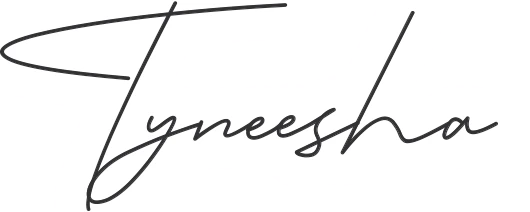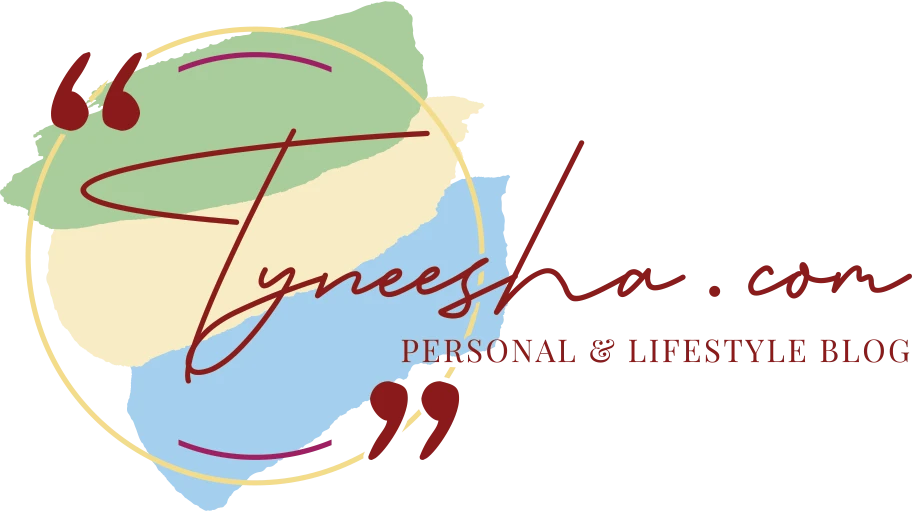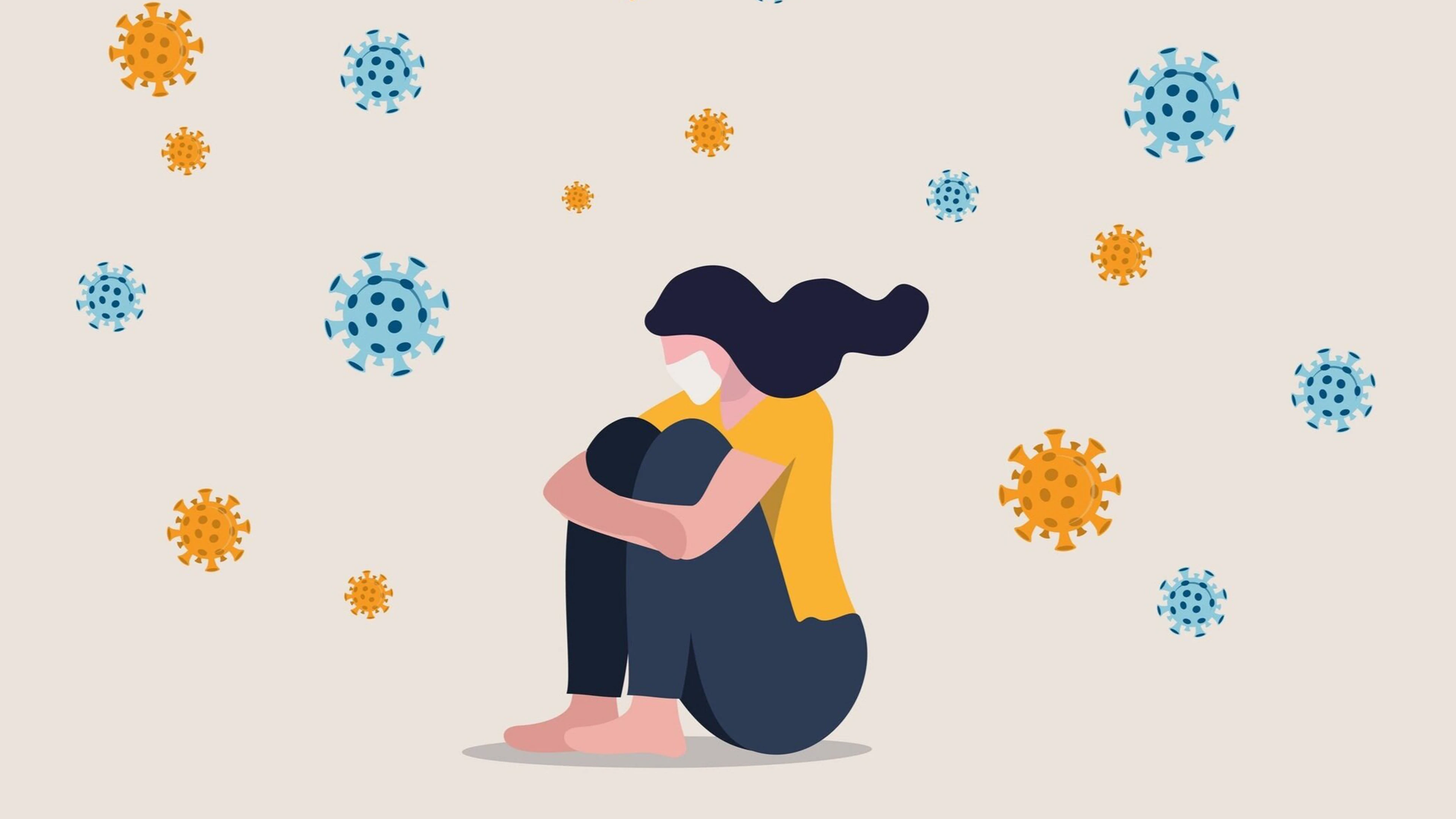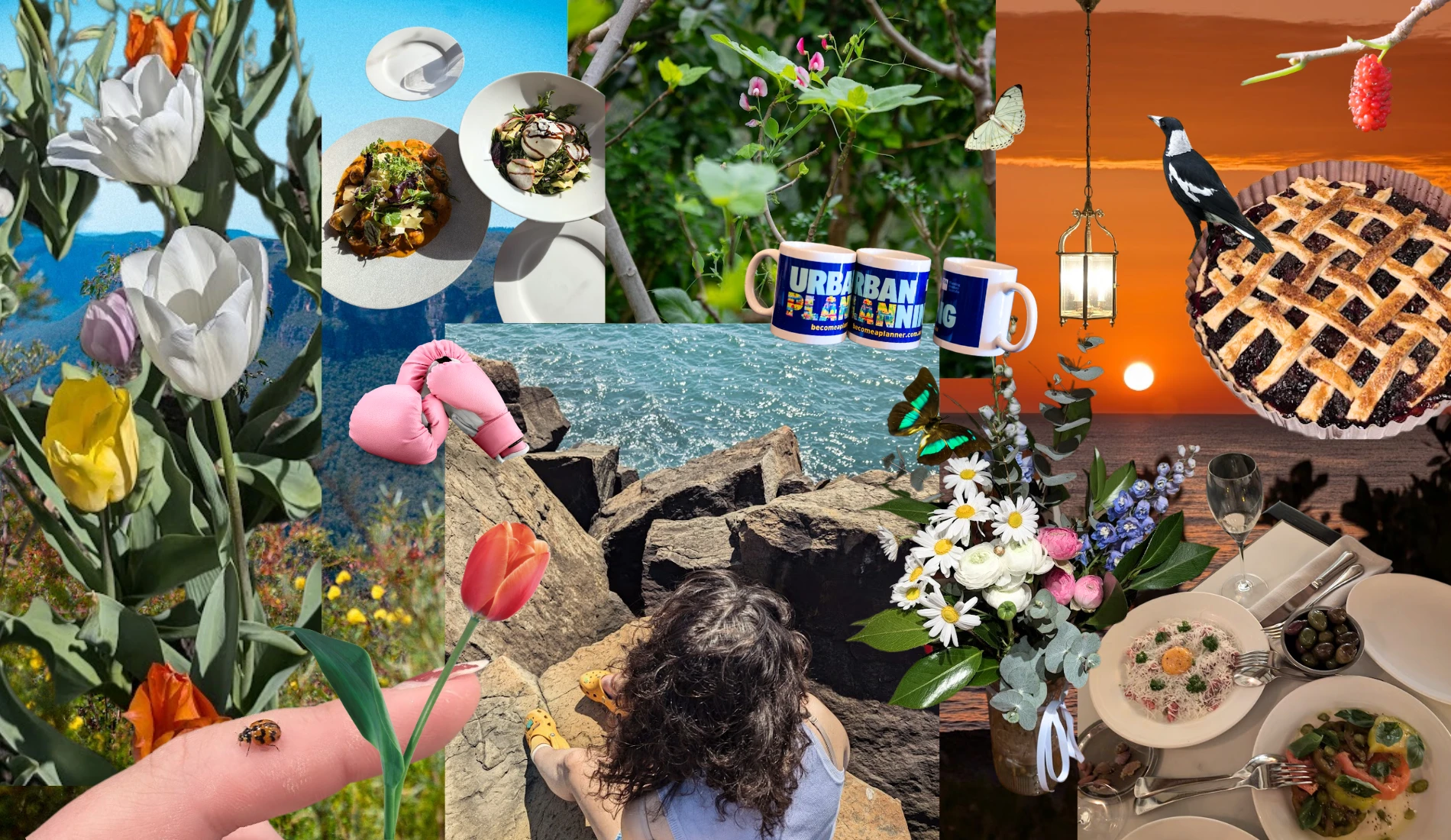25th October, 2024
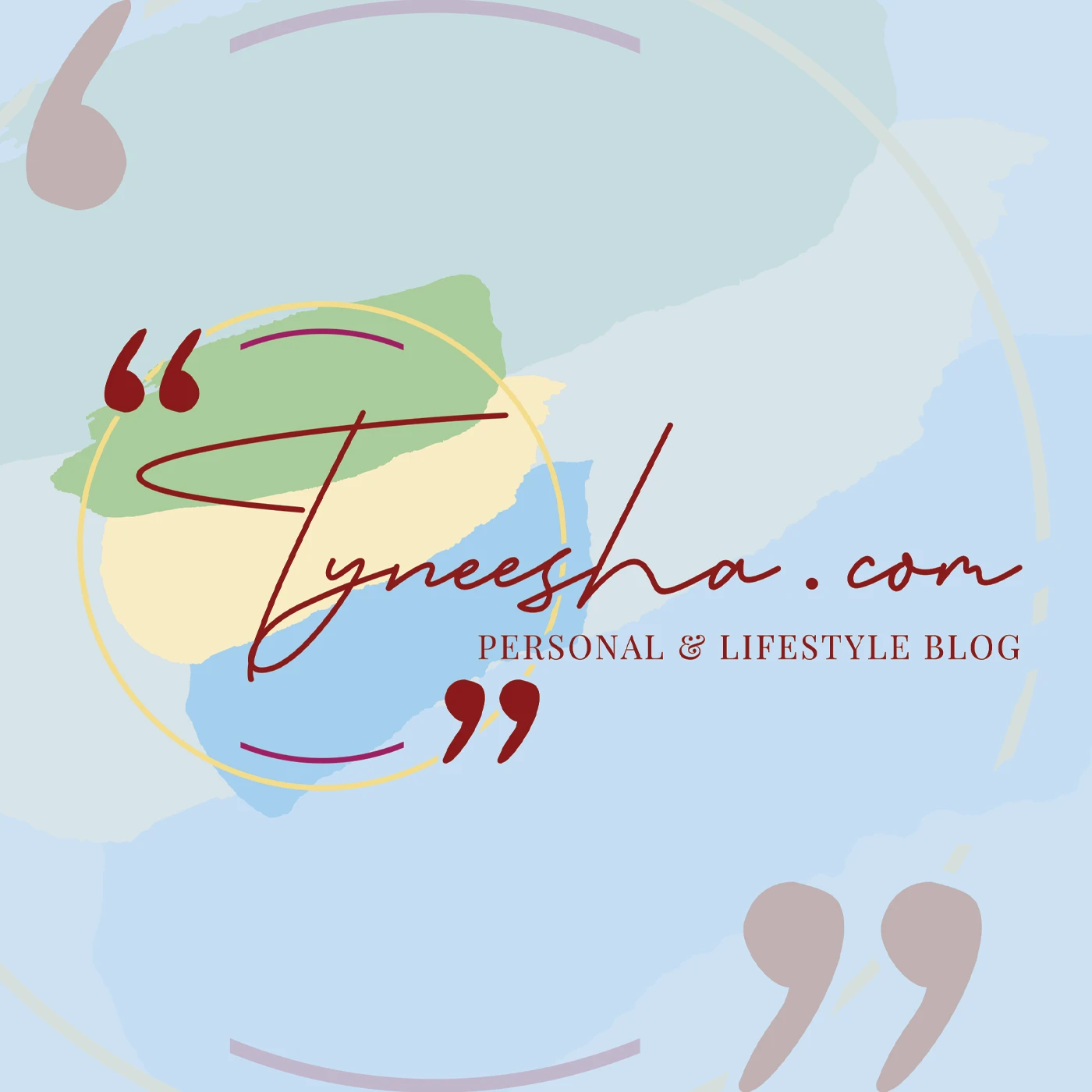
Before I jump into this week’s topic, I want to acknowledge that today is Remembrance day. I know it’s probably not 11 am as you’re reading this, but regardless it’s important to put some time aside today to remember those whose sacrifices gave way to our freedoms. We often take our privilege for granted, but we owe our safety, welfare, education, culture, wealth, families and lifestyles to those who gave up theirs in the wars.
Speaking of freedom – lockdown is finally over! Well, mostly. We can’t go overseas or state-to-state willy nilly, but we don’t have to sit in our rooms, and that’s something! I’ve had the pleasure of being able to get out and about here and there. I’ve sat at a beach guilt-free, had a covid safe picnic with friends and gone out on the town. I got to celebrate Halloween and sit in restaurants to eat. I even got to travel back home to Dubbo last week to see my family and friends after what feels like a lifetime.
But all this rediscovered freedom has got me thinking… it doesn’t feel like everything’s ‘back to normal’. I think we all know that “normal” is long gone. Ordinary things like going out in public without a mask still feel chaotic and dangerous, and I’m sure they will for a long time to come. There hasn’t been a lot of freely accessible research done on the topic, mainly because we’re essentially still in the thick of it – but it’s clear to me that the semi-permanent effects of the pandemic are far-reaching and, in some cases, surprising. So in this article, I want to explore those seemingly random effects.
Post-lockdown anxiety is weird and layered
There was a certain kind of anxiety that we all experienced during the lockdown. The monotony of scrolling through your Netflix recommendations trying to drown out the numbers of the news cycle. The hyper fixation of remembering your mask, remembering to check-in, remembering to sanitise… but forgetting what day of the week it is. We were in lockdown just long enough to get used to it all.
Now, we don’t necessarily need to be so cautious. We’re vaccinated, we’re allowed out, we have our freedoms back. There’s obviously still some level of caution, but it’s not all-encompassing. We’re feeling this strange mix of hesitancy and urgency. We want to get out, we’re aware that sitting in a restaurant with our friends is a luxury, and we want to seize the day. On the other hand, I’m not sure I want to buy concert tickets and run the risk of yet another postponing.
If you had social anxiety before lockdown, it’s likely been exacerbated during the lockdown. You’re more likely to meet up in person now, and it might be the first time you’ve hung out with people in months. It’s understandable if you find yourself forgetting small talk etiquette. If you have sweaty palms and heart palpitations and a racing mind while you’re sitting at the pub with your pals, fret not. You’re definitely not the only one.
Personally, having the time alone over the last few months definitely helped me learn to cope with my mental health. Since getting out, I feel more confident talking to people, but it all feels strange, in a way. You might feel like a fish out of water – but that’s not it, exactly. You’re a fish who got plucked from your private little fishbowl and thrown into the aquarium.
Gone are the days of the introvert-extrovert binary
It’s been argued that lockdown is more difficult for extroverts – I disagree because no one is really an extrovert (nor is anyone an introvert). We all have extroverted and introverted tendencies and behaviours. We utilise them in the applicable scenarios. No one is okay with being alone all the time, and no one is okay having people around 24/7.
However, I think our collective experience of lockdown as an extreme experiment in introversion has levelled many of us out. The people who identified heavily as introverts now recognise the appeal of socialising, and the extroverts have learned to cope with being alone. A life confined between four walls has ironically taught us not to put ourselves in boxes.
We myth-busted work-life balance
Before lockdown, we had a particular way of life, and we rarely stepped off the laid path for us. Our eating, sleeping, working and leisure time followed the same repetitive patterns, and failure to meet that standard meant something was wrong.
We couldn’t go to work or school during the lockdown, so we made video conferencing work. We made our own schedule, and most people were better off for it. We now know that achieving a healthy and fulfilling work-life balance is possible, and we want to hold on to it. While many people thrive on routine, we’ve had our eyes opened to the possibility of creating our own. There’s a massive surge of people quitting their jobs in search of more supportive workplaces and lifestyles. This flexibility might extend to other parts of our lives – for example, people might be more likely to meet up on zoom instead of going out.
Removal of stigmas around technology
Obviously, when we were stuck in our rooms, we had to turn to technology to keep in touch or be entertained. In a lot of ways, it was our saving grace. We used our phones so much in that time that we’re probably sick of them now. We appreciate real-life experiences and might be less fascinated with TikTok. Or at least, less likely to waste precious hours scrolling.
Before, it was all “TV turns your eyes square”, “Don’t trust everything you see on the internet” this, and “You’re always on that damn phone”, “Video games cause domestic violence” that. Now, we’re more likely to praise the incredible abilities and affordances of tech to connect us to others. More of us better understand that it’s possible to develop and maintain meaningful relationships online. In 40 years, you might tell your grandkids how you met their grandpa on Tinder back in the pandemic, and it won’t seem that weird.
Some parting words…
At the end of the day, no matter how many silver linings I point at, there’s still a massive stormcloud. We can’t go “back to normal”, and I think we’re better off embracing the change anyway. We still need to exercise caution, but I’m glad it’s (hopefully) over. If you’re feeling overwhelmed, anxious or just intensely weird, don’t worry too much. It will pass, you will re-adjust, and it will eventually feel normal again. The good thing is, you’re definitely not alone.
